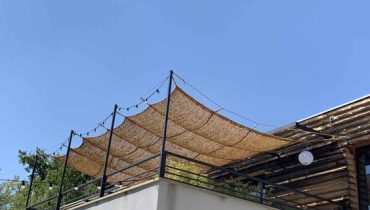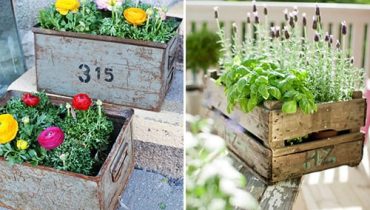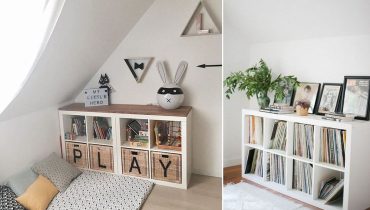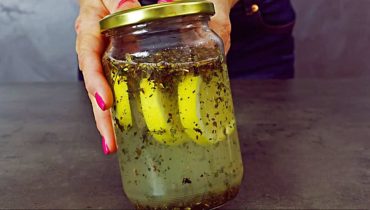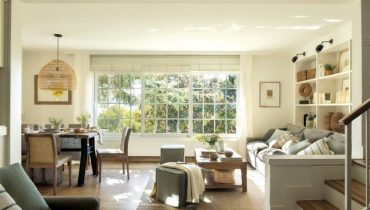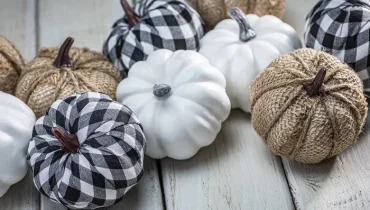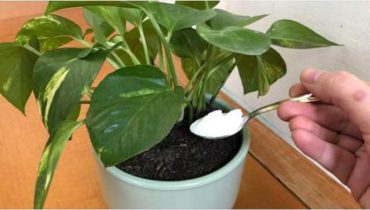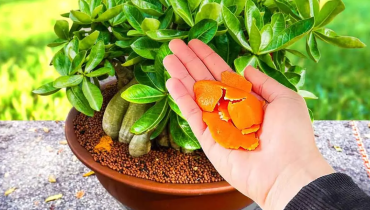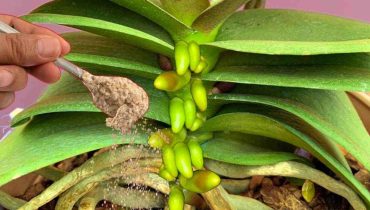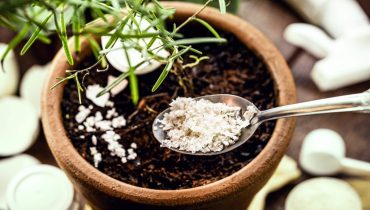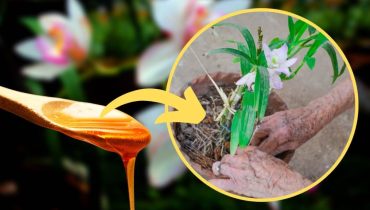Positioning your sofa: Interior design rules
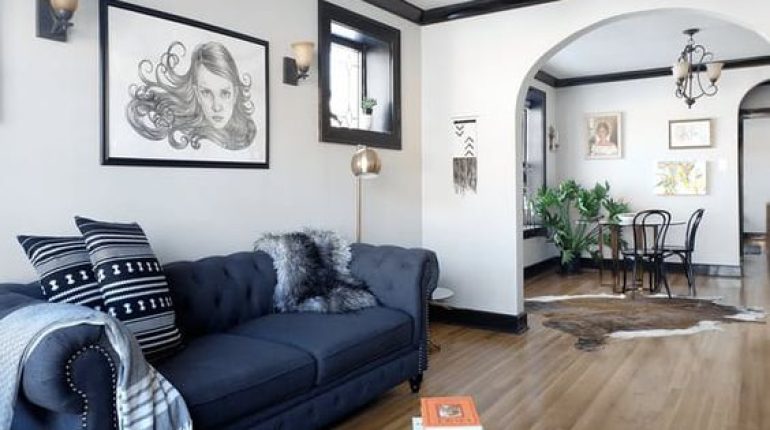
Posted July 12, 2023 by: Admin
Choosing the ideal location for your sofa is crucial to the design of your living room. This central piece of furniture represents conviviality and sets the tone for the entire space. The position of the sofa dictates the layout of other elements such as the coffee table, TV cabinet and bookcase. In fact, the harmonious composition of the room hinges on the placement of the sofa. Following the principles of Feng Shui, you can place your sofa facing the front door, while optimizing space by placing it against a wall or with its back to a window. Alternatively, you can create a captivating focal point by positioning the sofa(s) in the direction of a fireplace or bay window. A corner position can also be advantageous, as it enlarges the room’s perceived surface area. Find out more about the various ways you can position your sofa to create a harmonious living room, combining style and functionality.
Place a sofa against a wall near a window
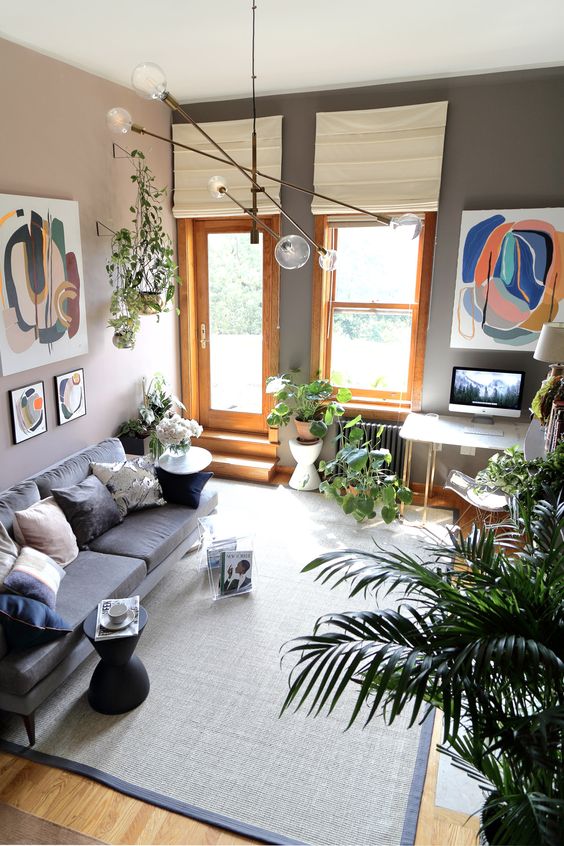
It’s undoubtedly a widespread convention to position a sofa against a wall. Although considered traditional, this layout remains highly functional, particularly in compact living spaces. In this case, the sofa aligns perfectly with the wall, offering its occupants a panoramic view of the entire room, making it an excellent choice for spaces that combine living and dining areas. Whether it’s a small or large sofa, this layout accommodates both sizes. However, it is essential to ensure that the dimensions of it are in proportion to the wall, so as not to disrupt the overall harmony of the room.
Two sofas facing each other in a living room
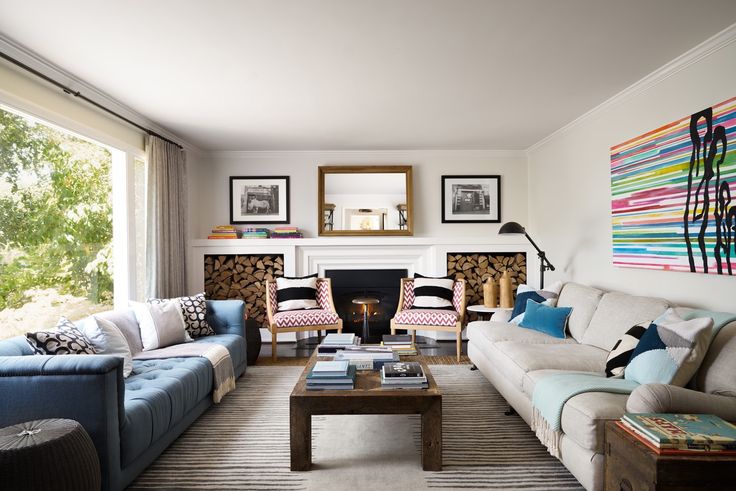
Placing two sofas in a living room may seem difficult at first. It’s important to consider the size of the room before trying to install two sofas. If the living room is small, it’s best to opt for one sofa and two armchairs facing each other. This arrangement can work wonders. However, if the size of the living room allows it, installing two sofas can greatly improve the aesthetics of the room. It creates a more welcoming and elegant atmosphere. The key to achieving this is to arrange the sofas facing each other. For greater comfort, consider placing both sofas in the center of the room, to improve circulation and fluidity.
Placing the sofa in the center of the living room
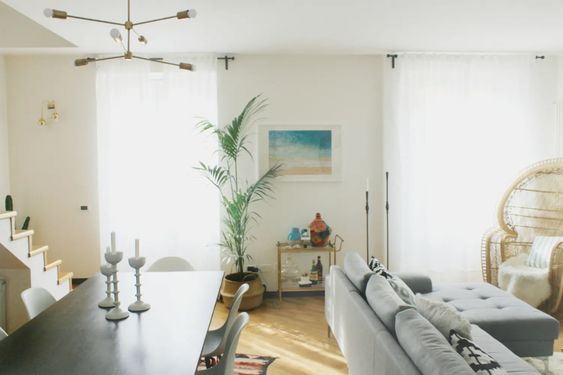
Placing a sofa in the center of the living room is a bold choice! It adds an intriguing dimension to the space. By positioning the sofa in this way, it becomes the focal point of the living room, with the other furniture gracefully arranged around it. The whole living room revolves around it, defining various activities such as a TV corner or a dining area. Moreover, the sofa’s backrest cleverly acts as a space divider. This innovative placement brings both style and functionality to the room!
Place a sofa with its back to the entrance in the living room
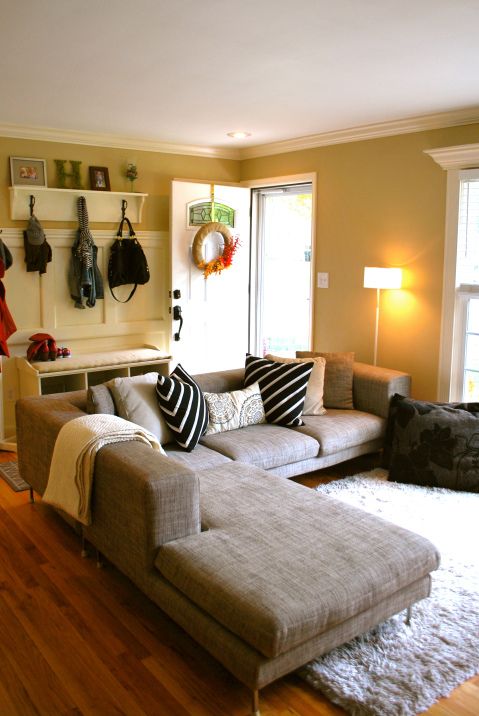
In the case of small apartments with no hallway, we strongly recommend placing the sofa with its back to the entrance to the living room. This choice offers a significant advantage by clearly delimiting the living space as soon as you enter. A corner sofa is the ideal choice in this case. In addition, it’s essential to ensure that the sofa is sufficiently spacious, and to opt for a model with a high backrest to improve the overall layout.
Feng Shui living-room sofa against a wall facing the entrance
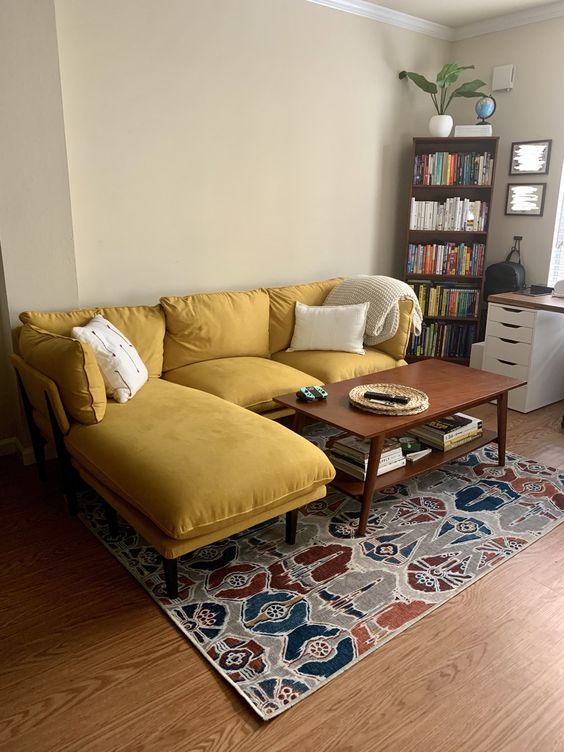
This is a highly coveted position for the living-room sofa: against a wall that faces the TV, a storage wall and, above all, the front door. This arrangement of the sofa in the living room is very commonly used for reasons of surface area and space optimization. However, in reality, this arrangement responds to another, increasingly sought-after necessity: respect for the rules of Feng Shui. In other words, balancing space, harmonies and energies. In a Feng Shui living room, the sofa must be positioned against the wall facing the entrance to the room. If the room’s configuration doesn’t allow this, it’s advisable to fill the space behind the sofa with a bookcase or a series of tall plants.

